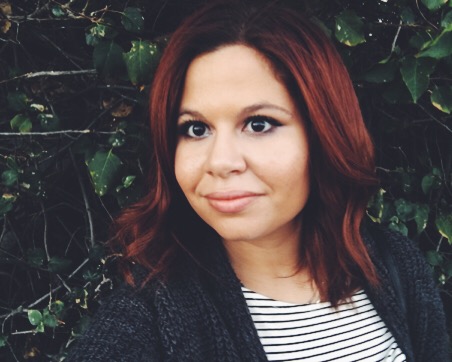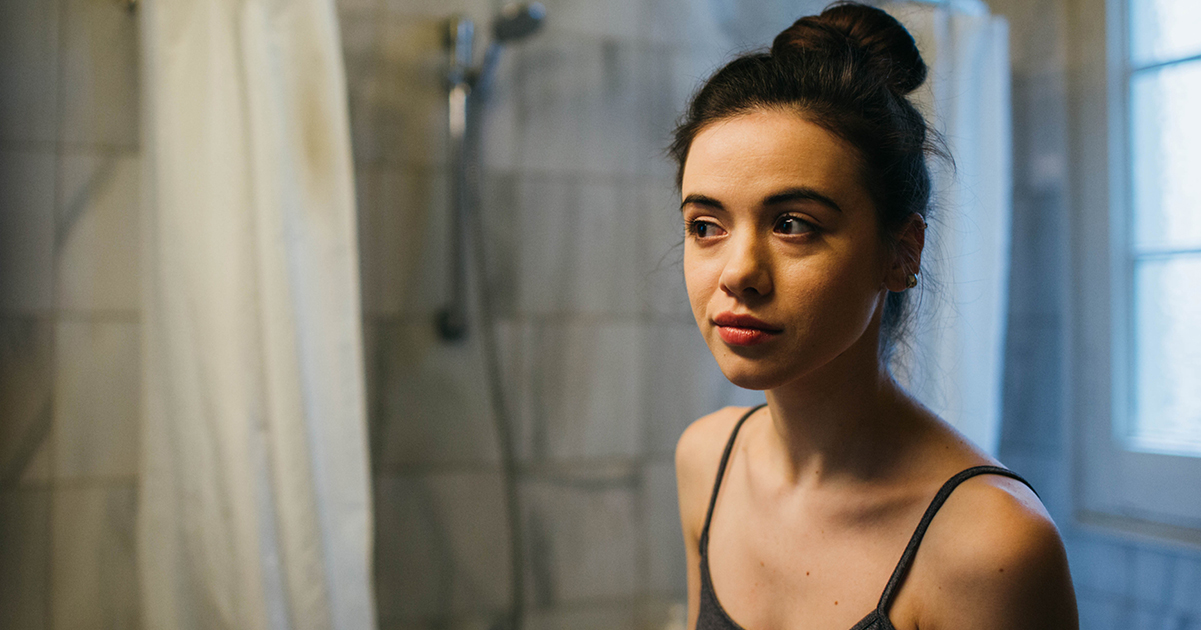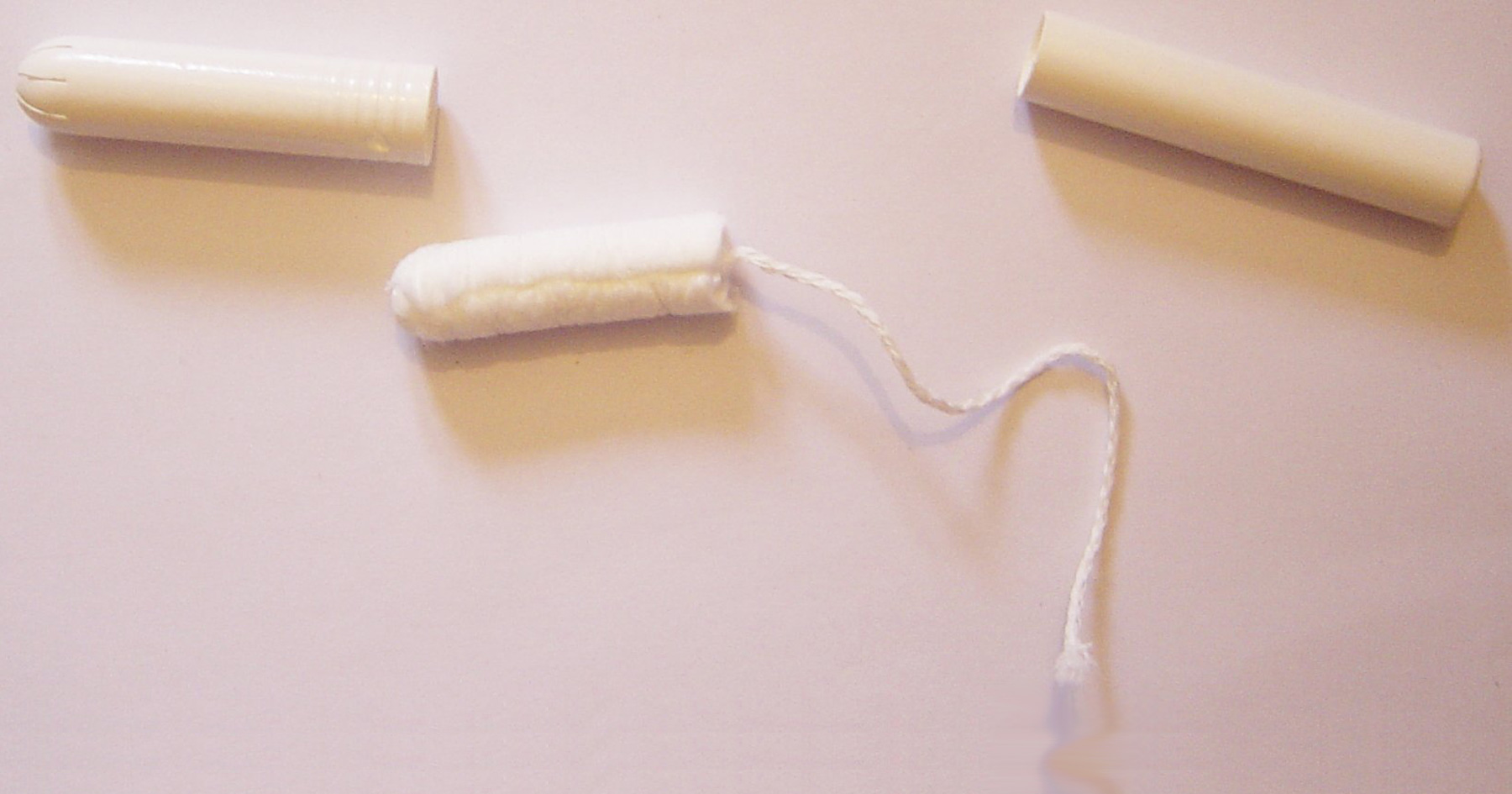The Taboo Reason That Poor Women Have it Harder

By:
In recent years, many of the stigmas associated with periods have taken center stage on social media and just about everywhere else. NPR went as far as declaring 2015 “the year of the period.” Still, an issue that has yet to break through is the fact that many women — even in America — have difficulty accessing menstrual hygiene products. And even worse, food stamps do not cover pads or tampons. This, combined with a lack of access to clean bathrooms, often puts homeless and low-income women at risk for vaginal infections and a weakened immune system, among other issues.
Yes, low-income women have it harder.
 Stocksy/michela ravasio
Stocksy/michela ravasio
“When you don't have the means to take care of it, it becomes a hygiene issue,” Margo Lang, co-founder of Conscious Period, told ATTN:.
The L.A.-based organization sells organic tampons and pads. For every box that is sold, they donate a box of biodegradable organic pads to a woman in need.
Lang said that homeless women prefer pads because they are not required to be changed as often as tampons.
Related: 12 Brilliant Responses to People Grossed Out By Tampons
Because low-income women are particularly vulnerable to this problem, Conscious Period also plans to help women at risk by providing them jobs manufacturing Conscious Period's products.
“Many women can’t afford these products because they don't have jobs,” Annie Lascoe, the other co-founder of Conscious Period, told ATTN:.
Both Lang and Lascoe said that shelters often do not have enough menstrual hygiene products to meet the needs of the communities that they serve. They also said that many times donors often do not consider donating these types of goods even though there is a high need for them.
Related: The Model Who Lost Her Leg Because of a Tampon Just Made an Inspiring Comeback
Last month, YouTuber Ingrid Nilsen featured Lang and Lascoe in one of her videos titled, “Your Vagina Matters!”
“Over the last several years, I have made it my personal mission to work towards erasing the stigma surrounding periods,” Nilsen said in the video.
During the video Nilsen, Lang, and Lascoe, along with a few of Nilsen’s viewers, put together 50 hygiene kits that will be distributed by San Francisco-based non profit Lava Mae.
The kits include organic cotton pads, underwear, toothpaste, toothbrush, deodorant, and socks.
The absurd period tax.
 Wikimedia Commons - wikimedia.org
Wikimedia Commons - wikimedia.org
Another obstacle that women face when accessing menstrual hygiene products is the sales tax associated with them.
Tampons are only tax exempt in Maryland, Massachusetts, Pennsylvania, Minnesota, and New Jersey.
California could be the next state to establish a similar exemption. A bill that would make tampons and menstrual pads exempt from sales tax was introduced in the California State Assembly early this month.
Related: Why Your Period Is Being Unfairly Taxed
Ultimately, the message that that Lascoe and Lang want to send is that having a period is something that is a universal experience for most women. That is why — unlike conventional menstrual products — theirs come with two extra to share with a friend.
